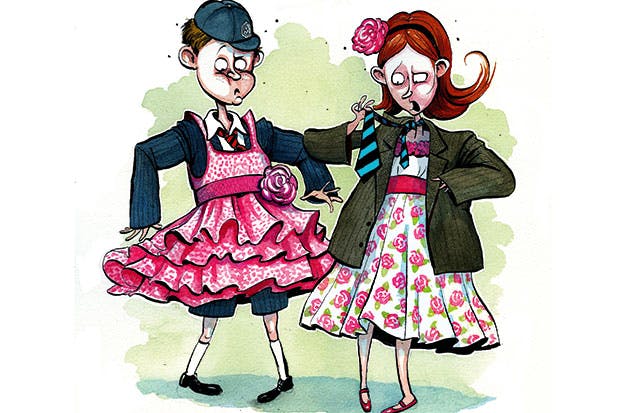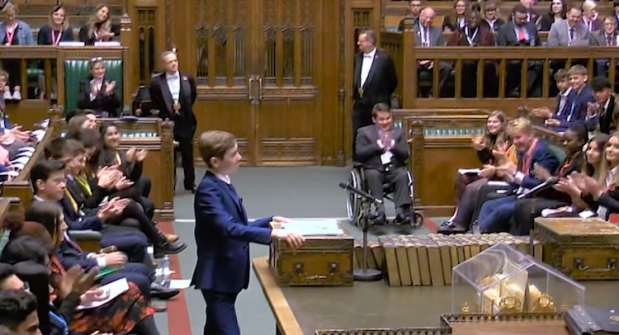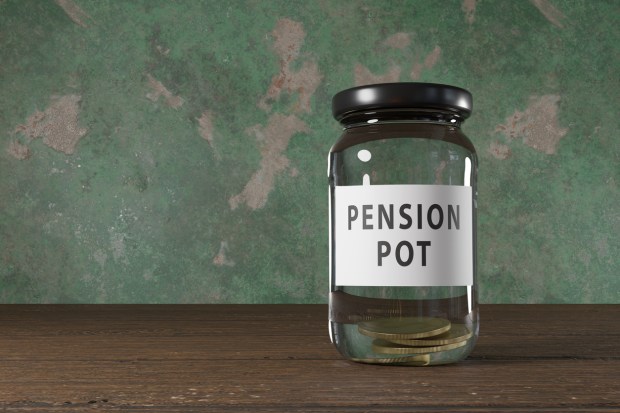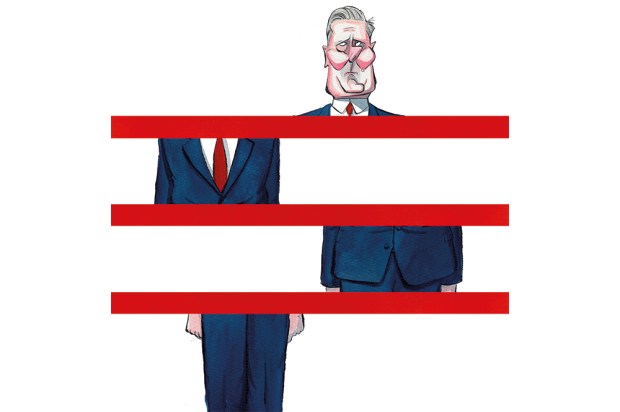The Times today reports serious concerns about the functioning of the Gender Identity Development Service (GIDS) at the Tavistock & Portman NHS Foundation Trust. Lucy Bannerman, the Times reporter, writes:
“The Times has spoken to five clinicians who resigned from the service because of concerns over the treatment of vulnerable children who come to the clinic presenting as transgender.
“They believe that some gay children struggling with their sexuality are being wrongly diagnosed as “transgender” by the Gender Identity Development Service (GIDS) clinic.”
“All five former staff were responsible for deciding which trans-identifying youngsters should be given hormone blockers to halt their sexual development.”
The paper also carries a piece by Carl Heneghan, professor of evidence-based medicine at the University of Oxford, who says that the long-term effects of those hormone-blocking drugs when administered to children is not yet known; the medicines concerned were not developed for this purpose, he notes:
“Given the paucity of evidence, the off-label use of drugs that occurs in gender dysphoria largely means an unregulated live experiment on children.”
That’s quite something. NHS clinicians, supported by a leading medical academic, have said they fear the NHS is doing something that could be harmful to children.
This has caused outrage, but possibly not in the way you’d expect. A lot of people are angry, but they’re angry at the fact that those concerns have been reported. On Twitter, where this conversation often takes place, the Times and Lucy Bannerman are being accused of transphobia, of bigotry, of seeking the harm and even death of transgender children.
Is the Times’ reporting accurate? I cannot categorically state as fact that it is because I am not in possession of all the facts: the names of those five clinicians are not known to me. But I know the journalist involved and I know the subject area; I am also independently aware of concerns among some GIDS clinicians about some of the issues raised in today’s reports. On that basis, I believe Lucy Bannerman’s reporting is raising serious and important issues of clear public interest.
As for prof Heneghan, I am content to conclude that he knows far more about the issues he discusses than I or pretty much everyone else commenting on this topic today.
It’s also worth remembering that this story really arises out of a well-documented internal debate about the work of the GIDS: concerns raised by staff members led a former staff governor of the NHS trust that oversees the GIDS to write his own report about what he saw as problems with the way the service works. The trust then asked its own medical director to review practices around the GIDS, drawing on extensive interviews with serving clinical staff. That report was published last month and bears close reading. Among its observations:
“Some interviewees expressed concerns about the use of hormone blockers…”
All of that considered, it seems fair to conclude that there are some serious questions to be asked about the GIDS and its functioning.
That is not the same as saying that the GIDS should be criticised. It is not the same as saying that the GIDS should not exist or should not be trying to help children. And it is absolutely not the same thing as saying that the children and families the GIDS deals with should be stigmatised or criticised in any way. Nor is revealing those concerns any sort of endorsement for the prejudice and hardships many trans people experience.
Yet as is common in the gender debate, those outraged today are deliberately seeking to blur those vital lines. In this looking-glass world, reporting the concerns of medics about potential harm done to trans children is misrepresented as a systematic attack on trans children.
And that, of course, has a potential chilling effect: I know several people, journalists and MPs included, who have concerns about the treatment of children in this context but who stay out of the public debate here because they are concerned that they will be accused of transphobia and bigotry just as Lucy Bannerman is today.
Sadly, one of those joining the mob over the Times reporting today was Stephen Doughty MP:

I’ve written about Mr Doughty before, because he’s got form for misjudged criticism of journalism that raises public interest questions around transgender issues. As a consequence of that, I’ve also discussed this stuff with him privately. I think his intentions are honourable even if his actions are mistaken.
How mistaken? Consider the facts again. A journalist reported that medics at an NHS clinic raised concerns that the work of that clinic was potentially harming children. Similar concerns have been raised by a former governor of the NHS trust concerned, confirmed in an internal review of the clinic, and ratified by a leading medical academic. Mr Doughty’s first public response: attack the journalist.
Can you imagine any other context in which this would happen? Is there any other scenario in which a journalist who revealed clinicians’ concerns about the wellbeing of NHS patients would be attacked for doing so? Lucy Bannerman did her job as journalist, when many others have lacked the courage to do so. She deserves praise, not abuse.
Here is my suggestion to Mr Doughty, and other MPs following this debate: do your job properly. Instead of adding to the sum total of the dumb anger in the world, do your job and try to reduce it.
This a complex and contested area of public policy that directly concerns the wellbeing of vulnerable children and young adults. Several clinicians involved in the care and treatment of those children have raised serious concerns about their wellbeing, concerns that take in the whole framework of policy and practice around their care, and the role of outside groups.
These concerns have been expressed in the context of an NHS service whose resources struggle to match the pressures and demands put on it by a rising caseload: waiting times are up to 18 months, a source of real distress. That internal GIDS action plan describes a service struggling to ensure consistent clinical practice under the pressure of a mounting caseload and the intense pressure placed upon it by an emotionally-charged public debate around its work and the wider issues around gender. It is not the job of journalists to solve these problems, any more than it is the job of parents or children or academics. The job of ensuring that an NHS service such as the GIDS can function well and in the public interest belongs to politicians. The bottom line here is that the GIDS, its staff and, most of all, the young people referred to it have been let down by the politicians, and not just ministers responsible for NHS funding.
Mr Doughty and other MPs should start putting that right by showing some actual leadership and convening a serious, evidence-based debate about this subject. Listen to the clinicians, the academics, the experts. Listen to the parents and families, on all sides of this conversation. Sort fact from fiction. Distinguish lobbying from expertise. Delineate personal anecdotes from objective data.
A comprehensive parliamentary review of children, gender and healthcare services is long overdue. The proper body for that review is the Health and Social Care Select Committee, which should urgently undertake a report into the wider issue of growing GIDS referral numbers and the narrower questions of how the NHS is responding to the young people concerned.
The gender debate is an angry mess of misunderstanding, misinformation and harm for many reasons, but one of them is that politicians have not done their jobs properly. The GIDS story is the gender debate in microcosm: politicians have neglected this issue, allowing vocal lobbying interests to set the agenda; when that leads to problems and people try to raise concerns, those people are shouted down with cries of “transphobia.” And the underlying problems persist, with real human costs.
Got something to add? Join the discussion and comment below.
Get 10 issues for just $10
Subscribe to The Spectator Australia today for the next 10 magazine issues, plus full online access, for just $10.




















Comments
Don't miss out
Join the conversation with other Spectator Australia readers. Subscribe to leave a comment.
SUBSCRIBEAlready a subscriber? Log in